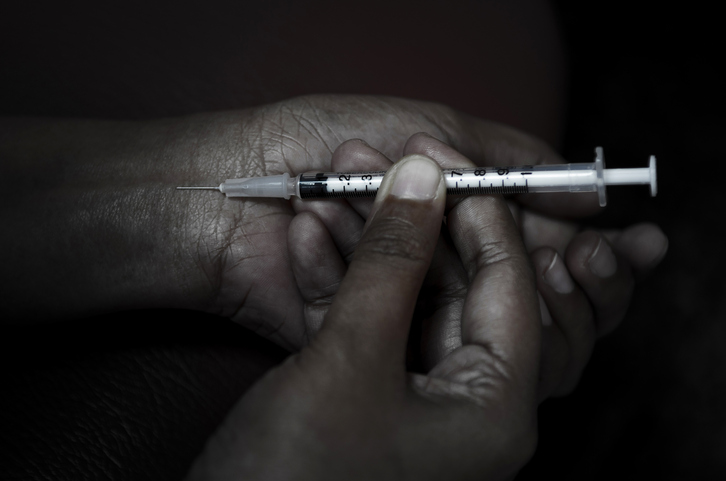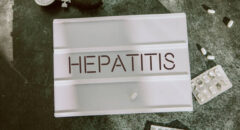 An opioid epidemic in Virginia may be the beginning of other alarming health concerns, such as a rise in hepatitis C and HIV cases, according to state officials.
An opioid epidemic in Virginia may be the beginning of other alarming health concerns, such as a rise in hepatitis C and HIV cases, according to state officials.
Earlier this month, state health commissioner Dr. Marissa Levine warned state officials that the two diseases will eventually “rear their ugly heads” with continued opioid use, the Richmond Times-Dispatch reports.
Both diseases are bloodborne – thus, sharing a needle can easily spread the diseases from person to person. Experts say hepatitis C is more easily spread through injection than HIV, which is also transmitted sexually.
“We’re thinking of a whole concept of harm reduction, which includes needle-exchange programs which currently in Virginia are illegal, but [that] many of our surrounding states have already authorized through legislation, and I think it’s something that our legislature needs to consider,” Levine said.
Virginia saw a spike in hepatitis C infections between 2014 and 2015 – an increase from 6,600 cases to 8,000 cases. The number of HIV cases has remained about the same since 2011, around 1,000, according to the Times-Dispatch.
But without education, those statistics could climb dramatically with opioid abuse. And Virginia isn’t alone in battling this epidemic.
According to the Centers for Disease Control (CDC), hepatitis C deaths reached an all-time high of 19,659 in 2014. In 2016, there were about 3.5 million Americans living with hepatitis C – and, CDC reports, roughly half of them were unaware of their infection.
“Why are so many Americans dying of this preventable, curable disease?” said Jonathan Mermin, director of CDC’s National Center for HIV/AIDS, Viral Hepatitis, STD and TB Prevention. “Once hepatitis C testing and treatment are as routine as they are for high cholesterol and colon cancer, we will see people living the long, healthy lives they deserve.”
Levine wants to implement a needle-exchange program in Virginia, but the state would have to consider changing its code.
“When we talk about a safe-syringe program, we talk about a holistic package of harm-reduction interventions,” Levine said in the Times-Dispatch. “It invites people who inject drugs in, it disposes of their contaminated equipment, educates people about the harm of sharing the equipment, and provides them with sterile needles.”









